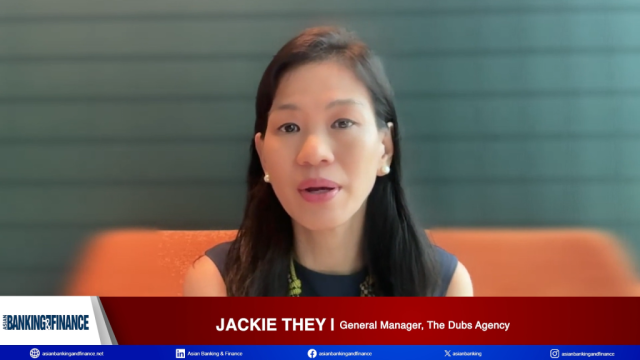
Why Japanese banks' rapid overseas expansion may be at risk
It could lead to higher costs.
Fitch Ratings says Bank of Tokyo-Mitsubishi UFJ's (BTMU) USD250m settlement with New York State last week over the breach of US sanctions, highlights operational risk that international expansion brings.
The overseas expansion strategies of Japan's "mega banks" could lead to rising costs for complying with many different legal and regulatory frameworks, and also in strengthening compliance systems to support operations in diverse markets.
Here's more from Fitch:
In addition to the fine, the bank will also retain a compliance consultant to conduct a one-year review. Overall, we believe the penalty and additional compliance costs should be manageable in light of the size of the MUFG group and its earnings.
Furthermore, we expect no significant reputational damage nor impact on Mitsubishi UFJ's business model. The group's capitalisation and internal capital generation have improved in the last four years, strengthening its loss-absorption capacity, and the settlement does not affect its 'A' rating.
Japan's mega banks are pursuing their search for offshore growth opportunities to compensate for stagnant domestic operations and to help diversify earnings.
We expect 10%-20% growth in their overseas lending in the current fiscal year, with the focus market being emerging Asia. The agency also believes the enhanced capitalization allows more options for overseas expansion apart from organic growth.
Mitsubishi UFJ was recently reported as a potential buyer of a 51% stake in Thailand's fifth-largest bank, Bank of Ayudhya, although this has not been confirmed by the group.
Operational risk may rise if corporate governance is not bolstered to support such growth, especially as there is increasing focus on regulatory compliance and related matters for multinational banks.
BTMU's settlement follows the fines levied on HSBC (USD1.9bn) and Standard Chartered (USD667m) on breaches of anti-money-laundering regulations in 2012.
Another key risk of rapid overseas expansion is credit risk associated with new borrowers in new markets. This has been relatively well-managed so far, with lower impairment loans in overseas lending. But the banks' tolerance for risk may rise, as loan growth is unlikely to be sustained by lending to blue-chip companies alone.























 Advertise
Advertise







